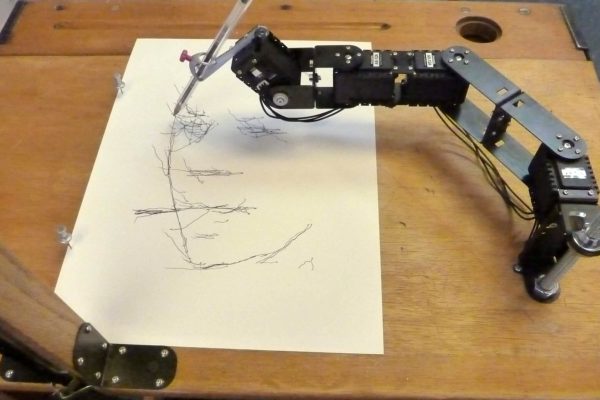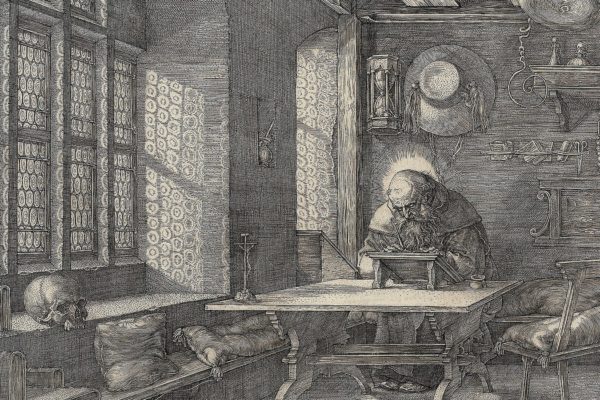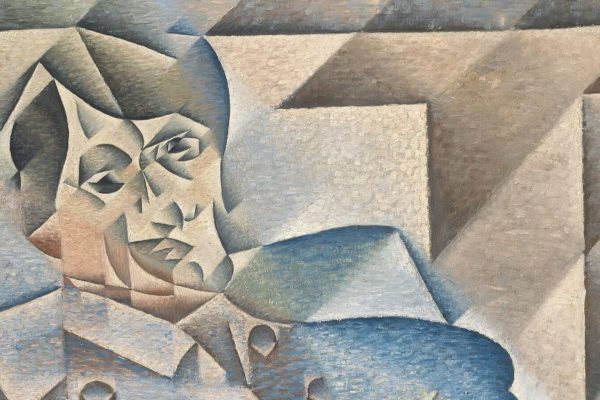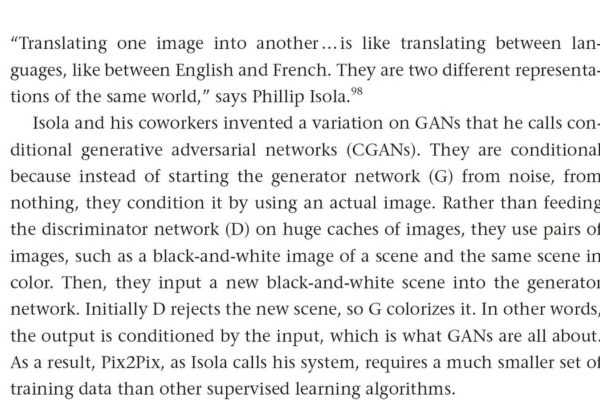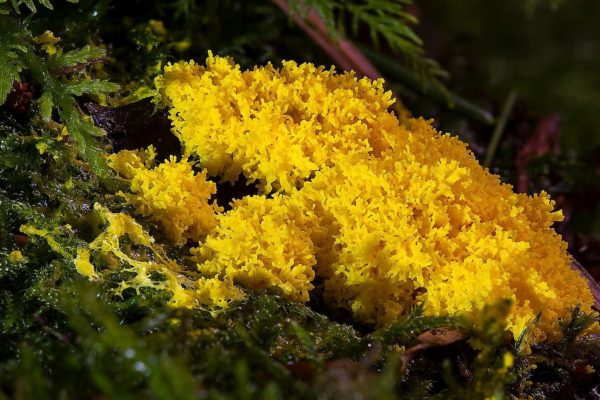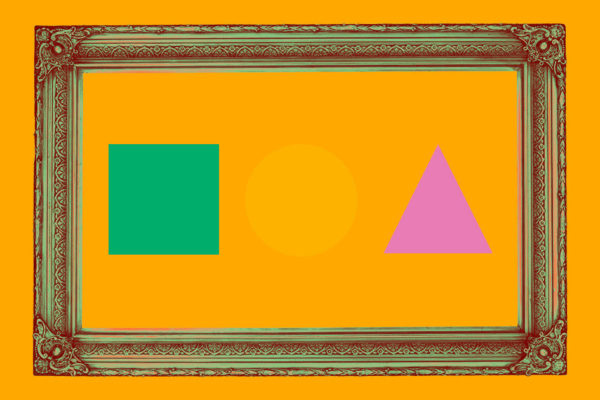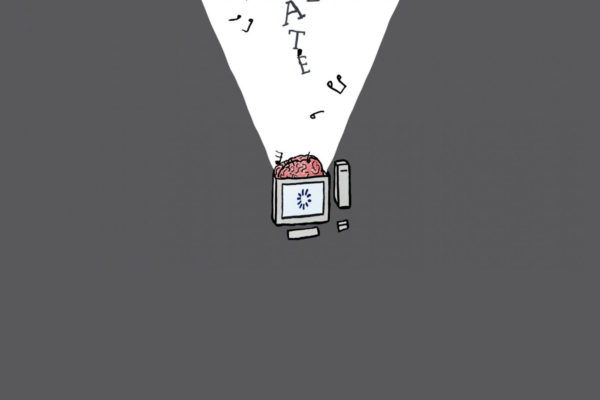Machines have learned how to be creative. What does that mean for art?
Go grandmaster Lee Sedol recently announced he was retiring from the game because “there is an entity that can never be defeated”: AI. As readers likely remember, an artificial intelligence known as AlphaGo defeated Lee in 2016. The grandmaster later commented that AlphaGo had displayed “human intuition.” AI is in the news regularly these days, but one … Read more
